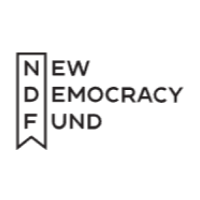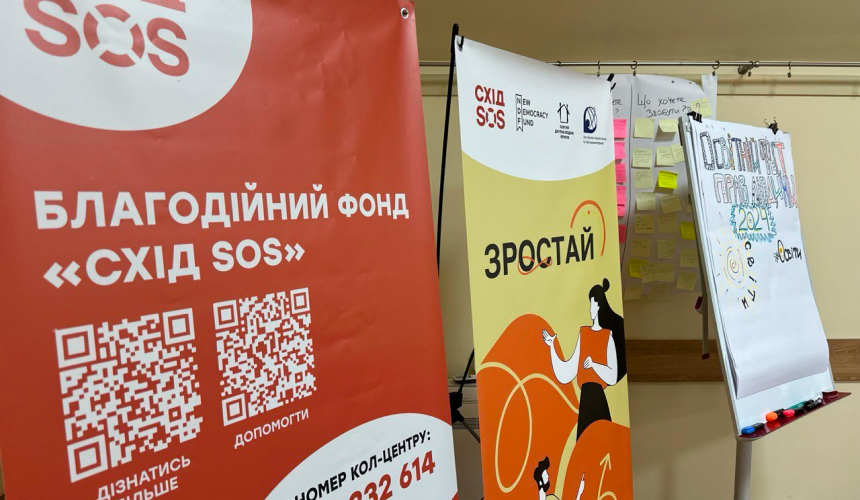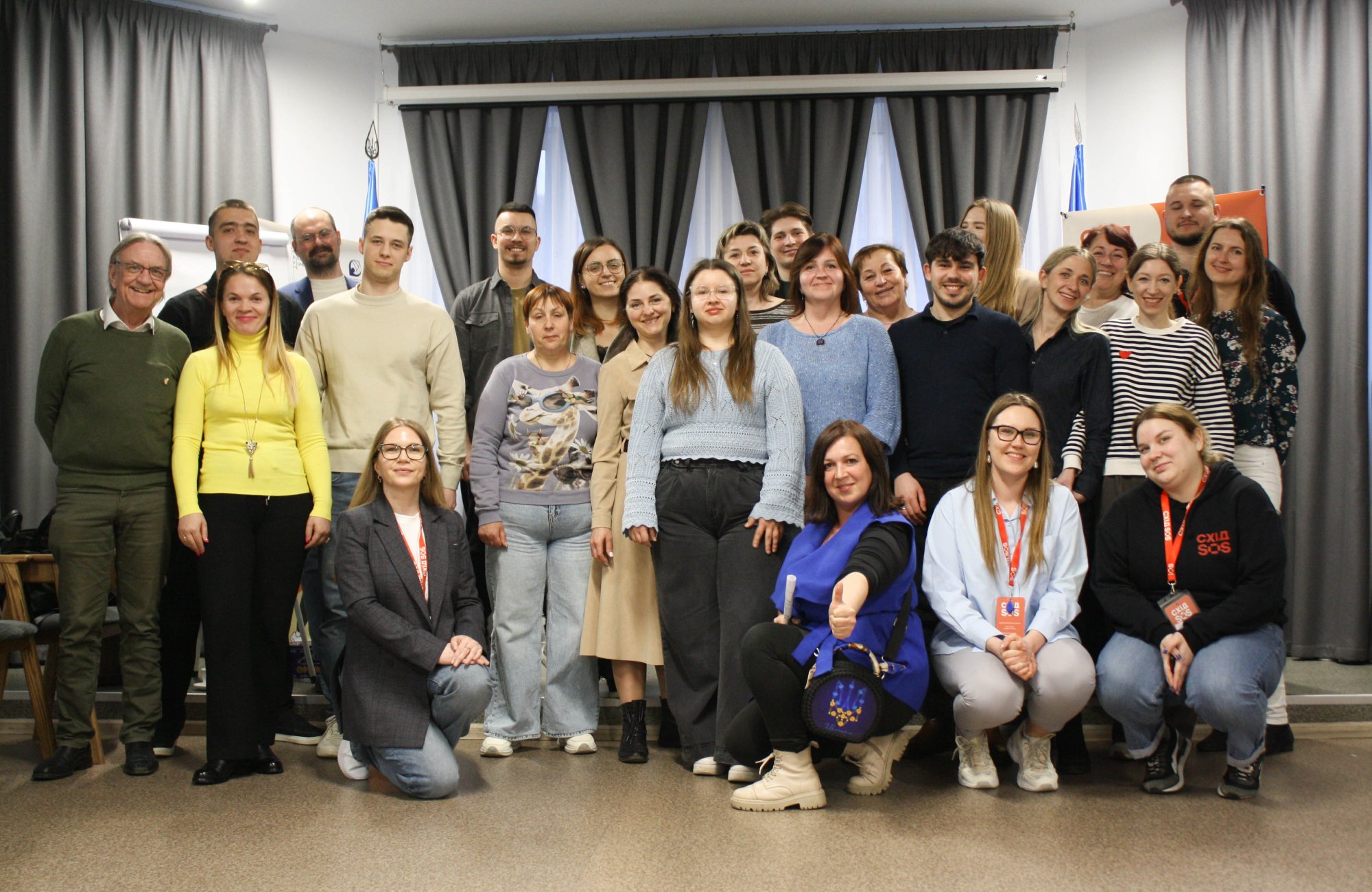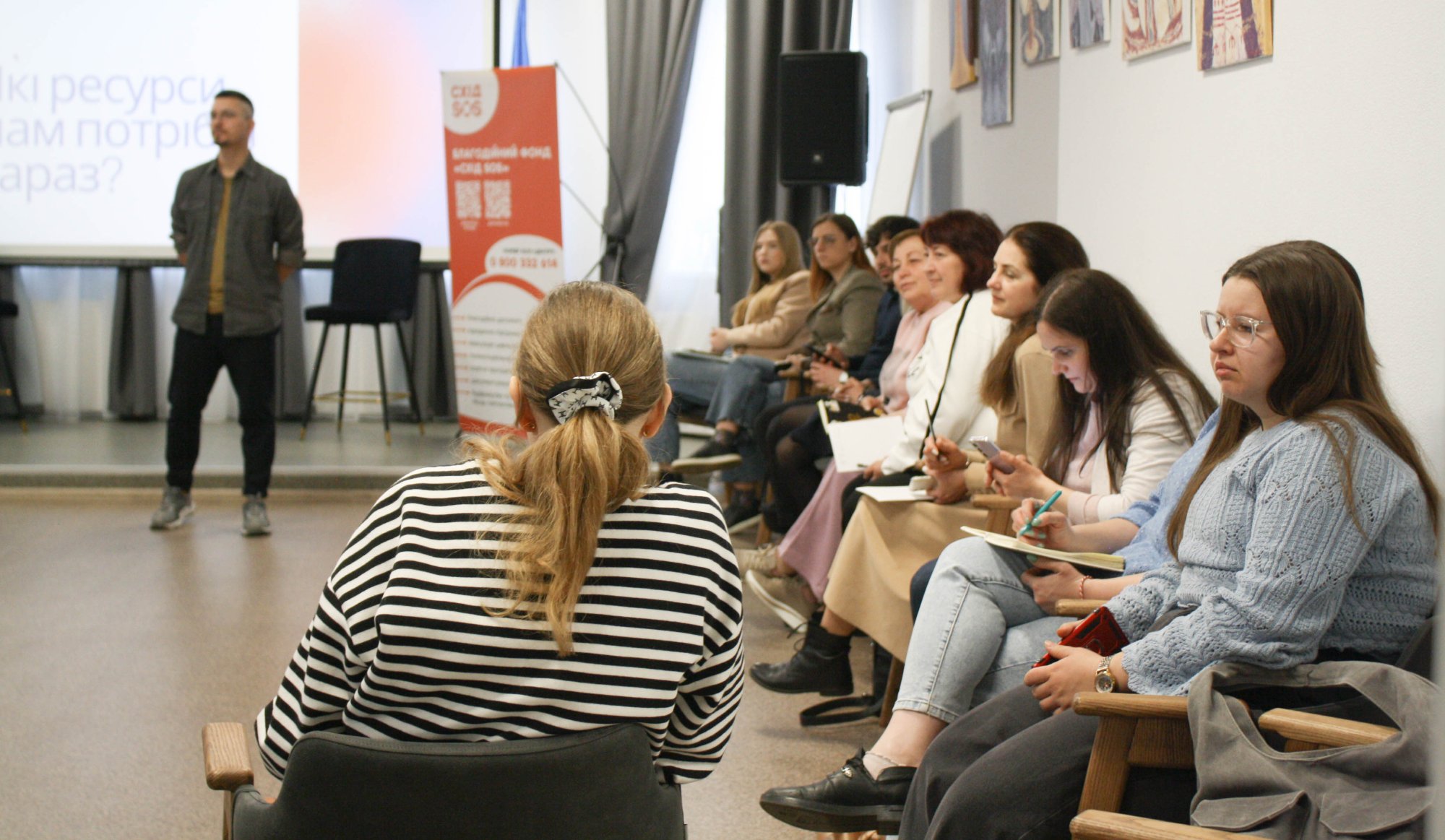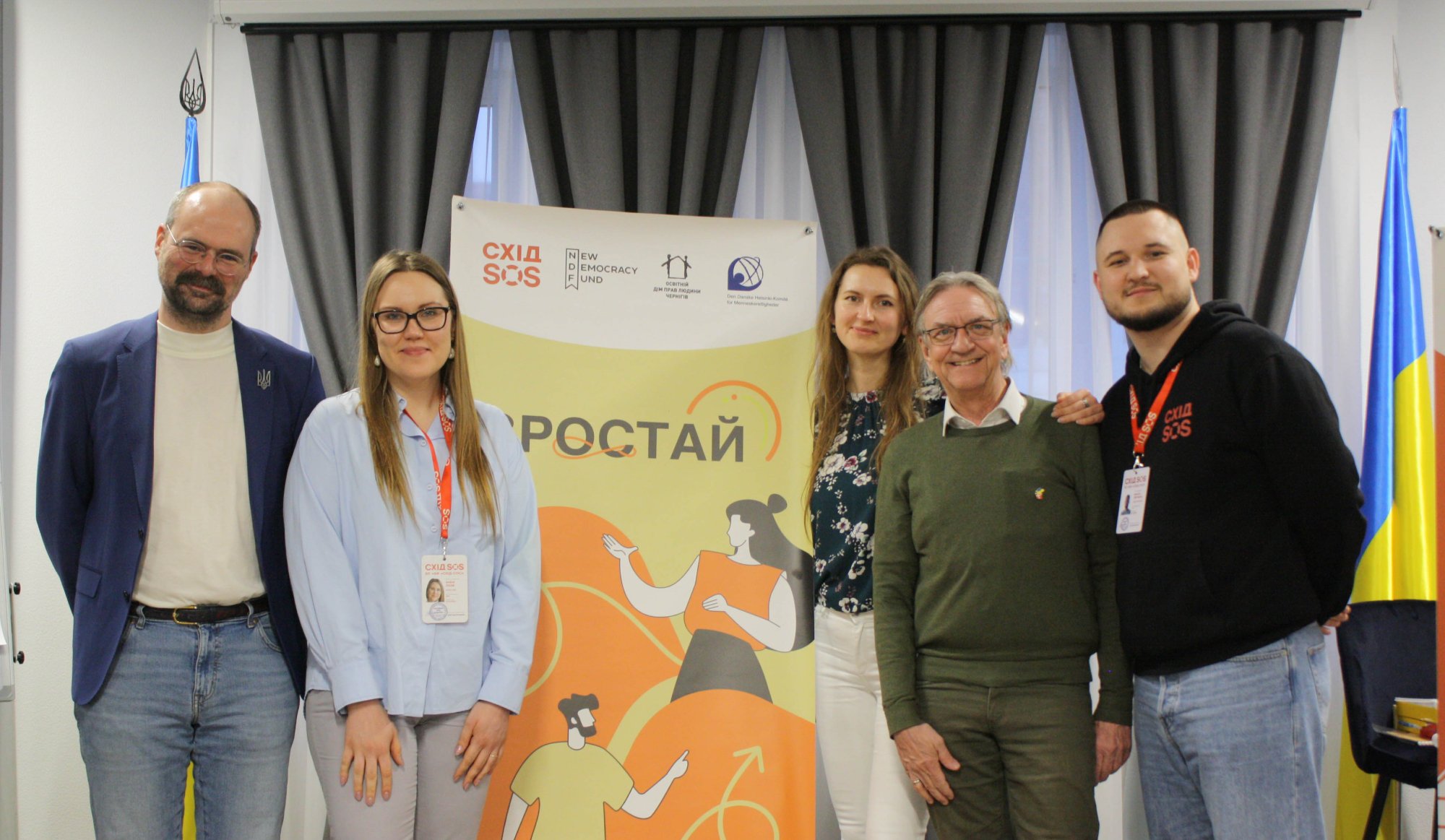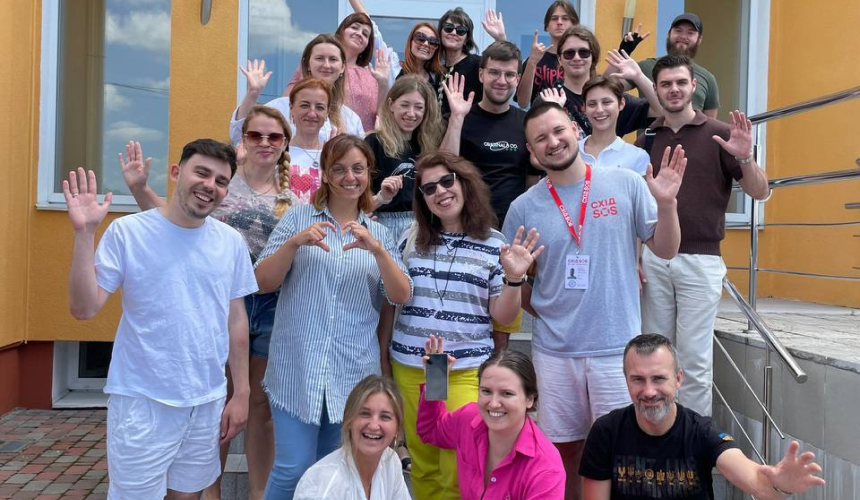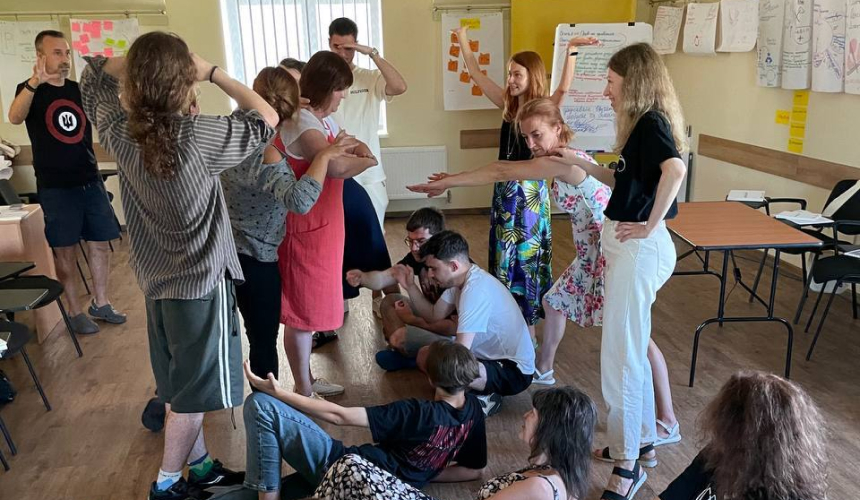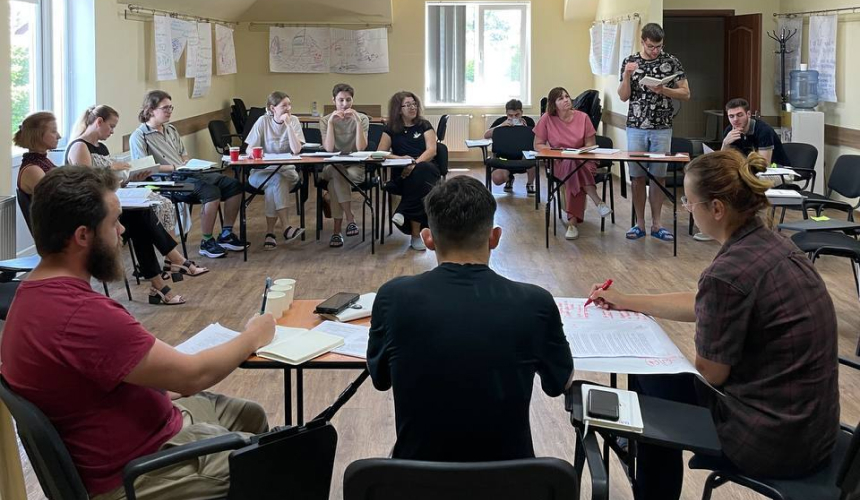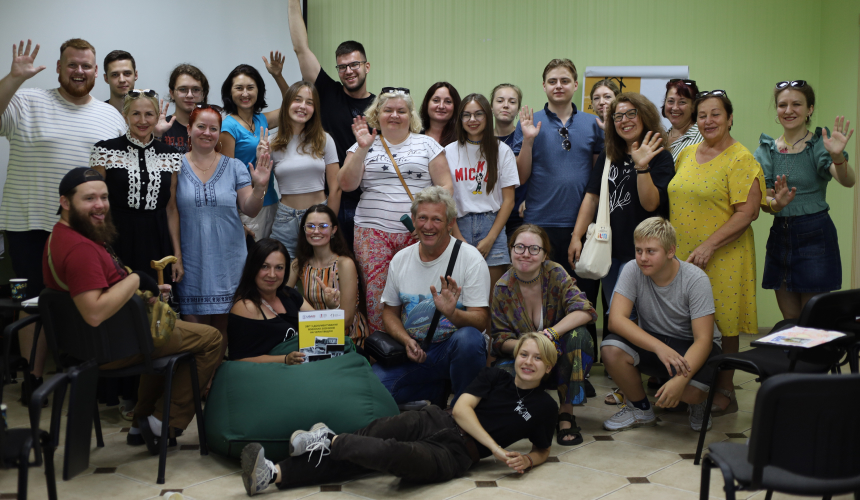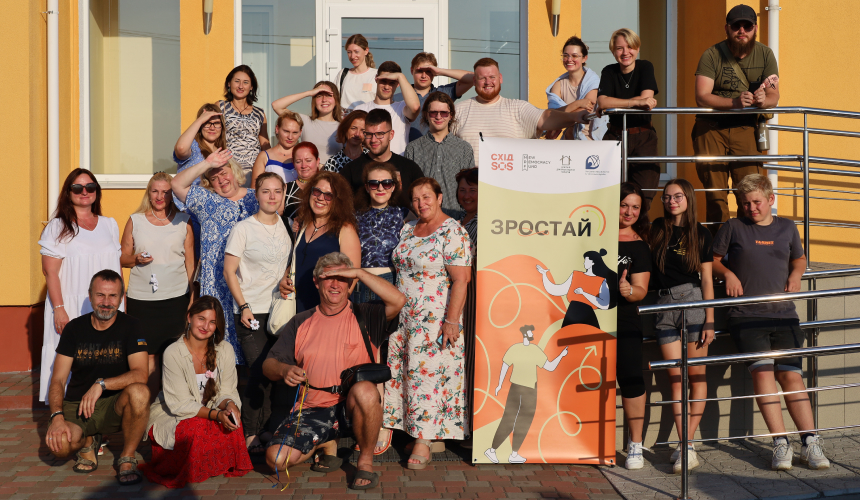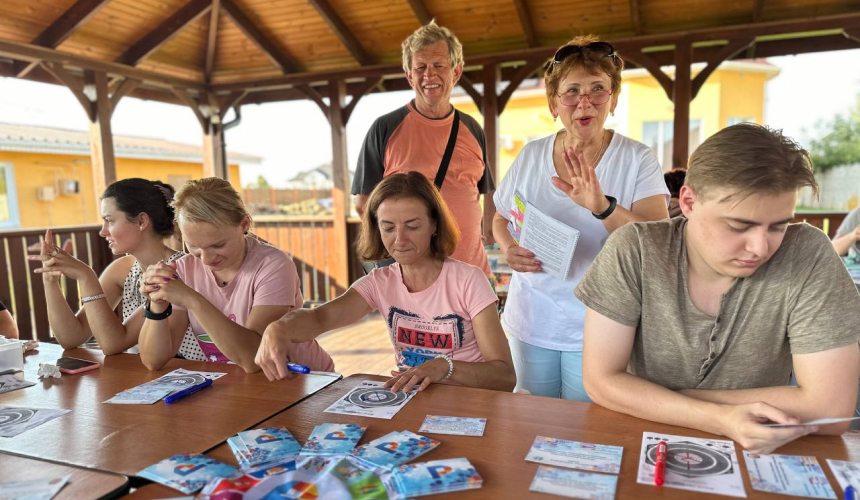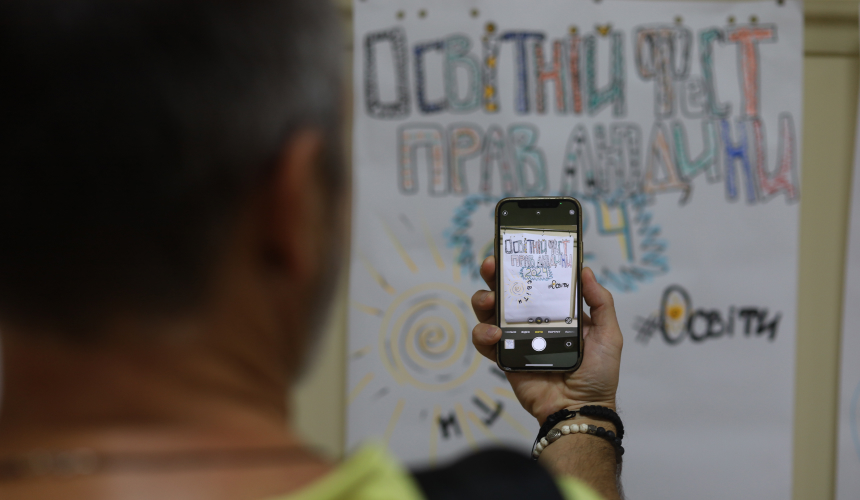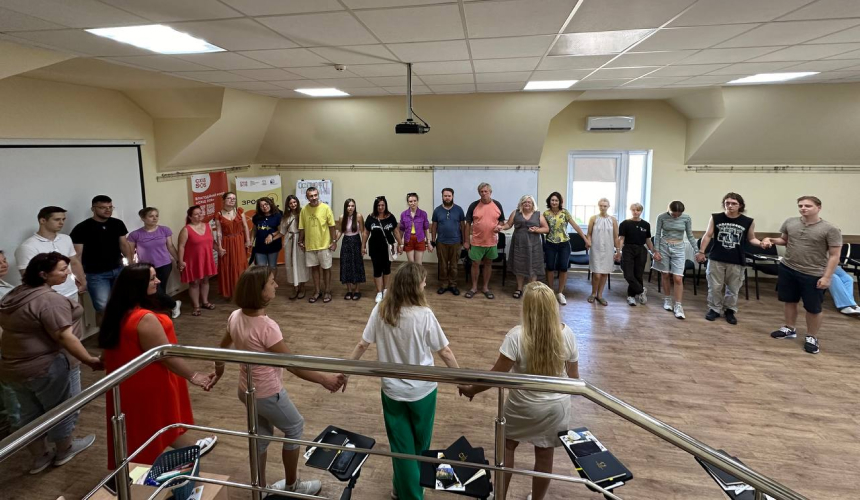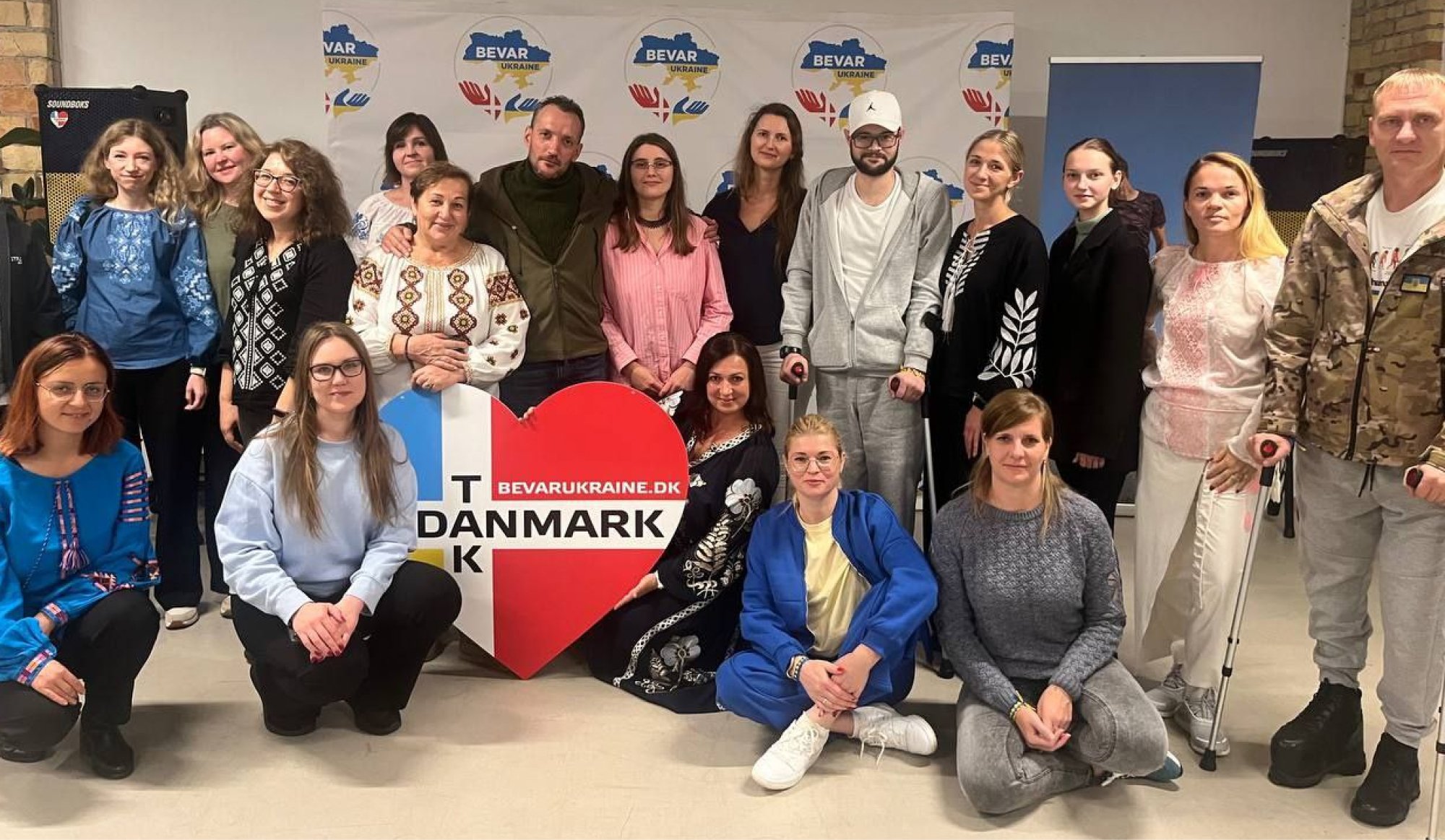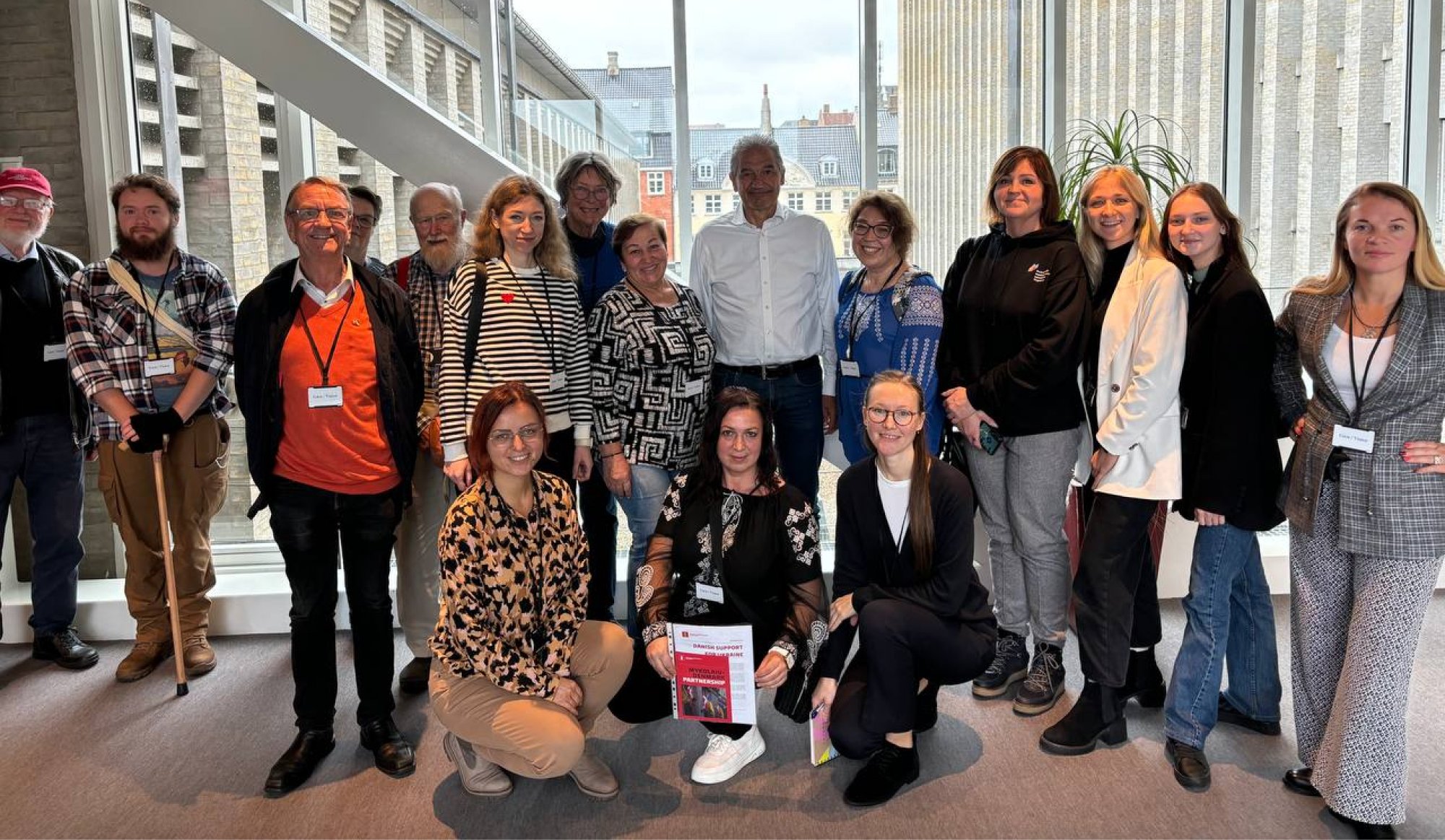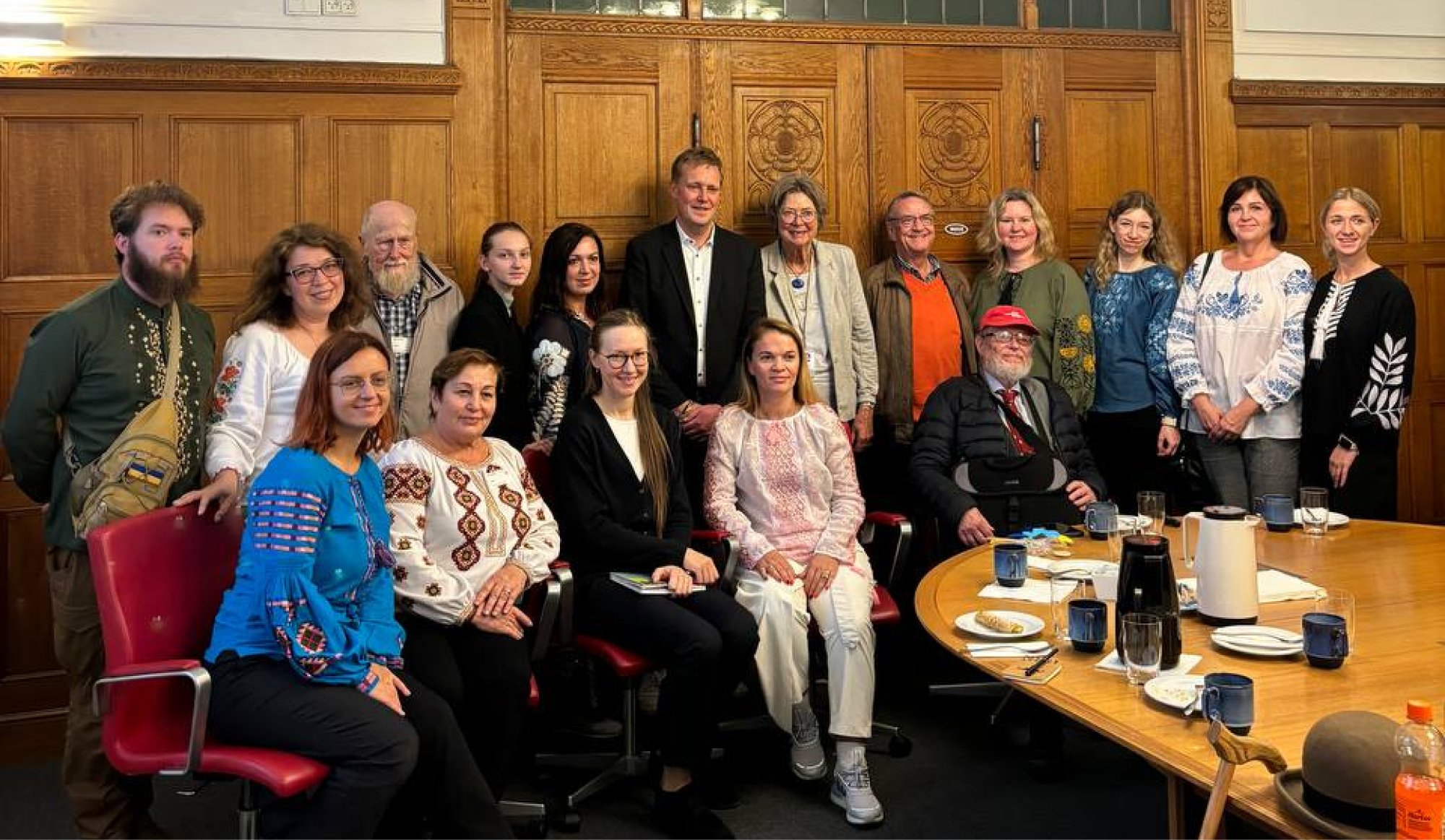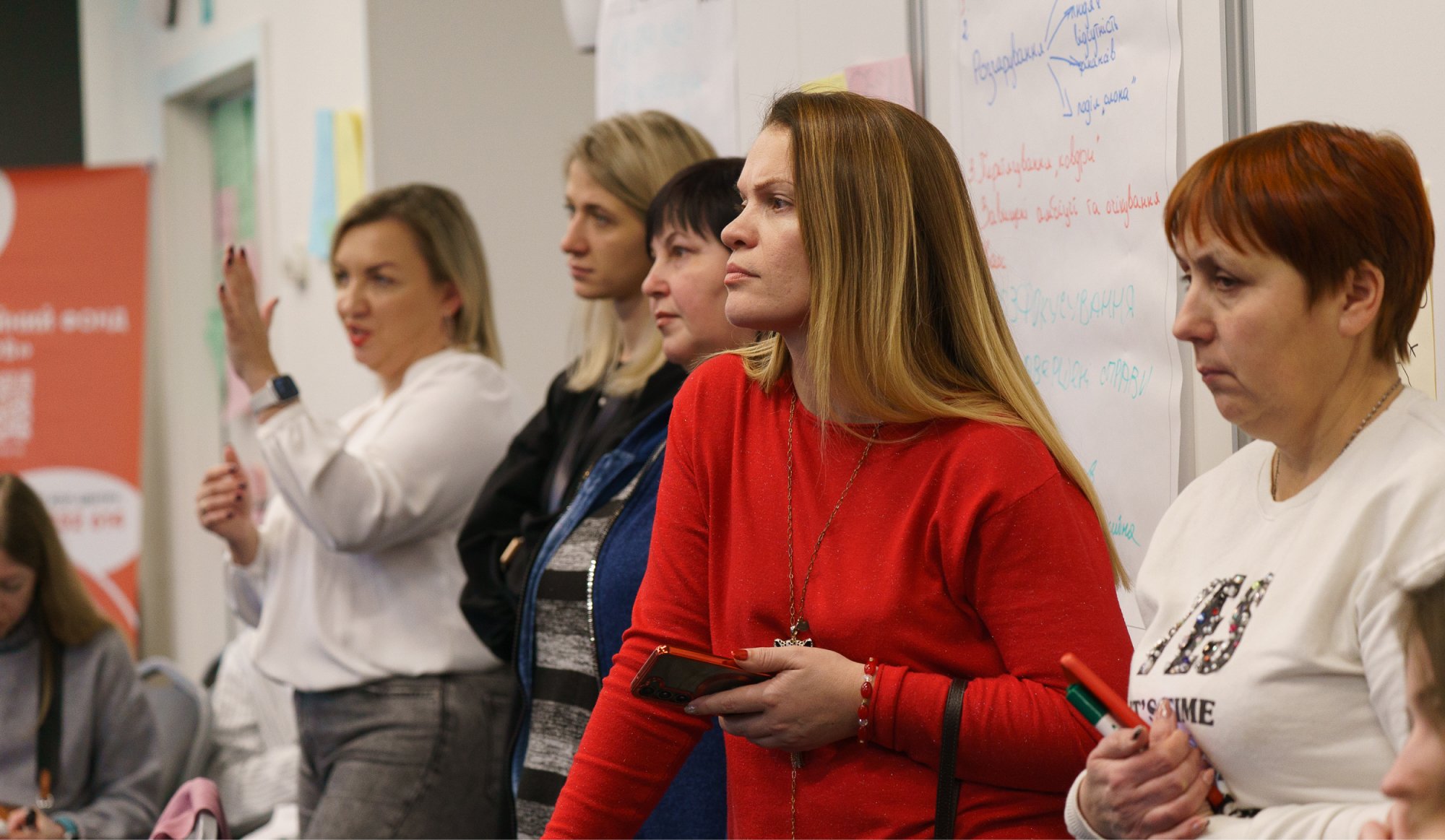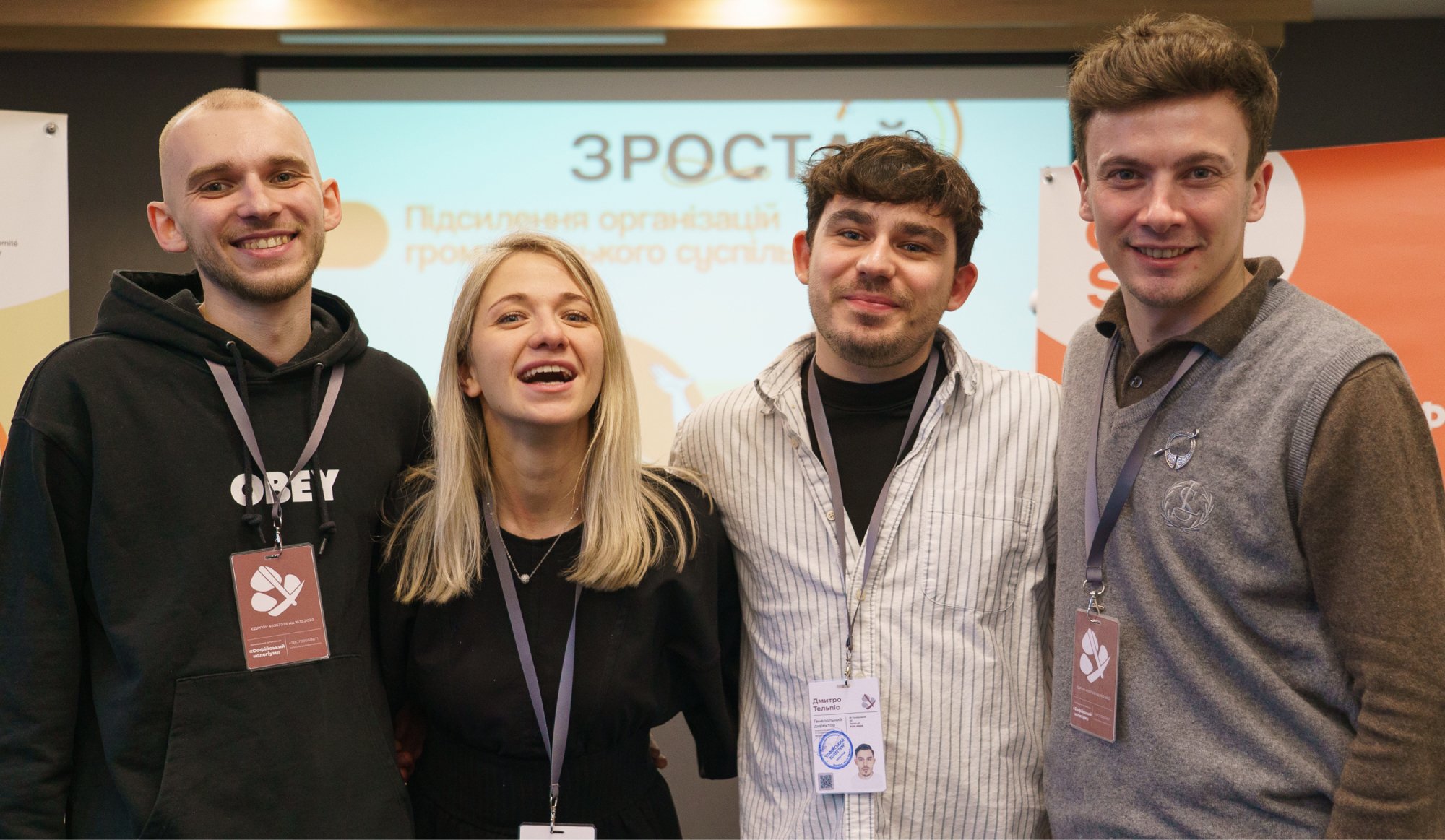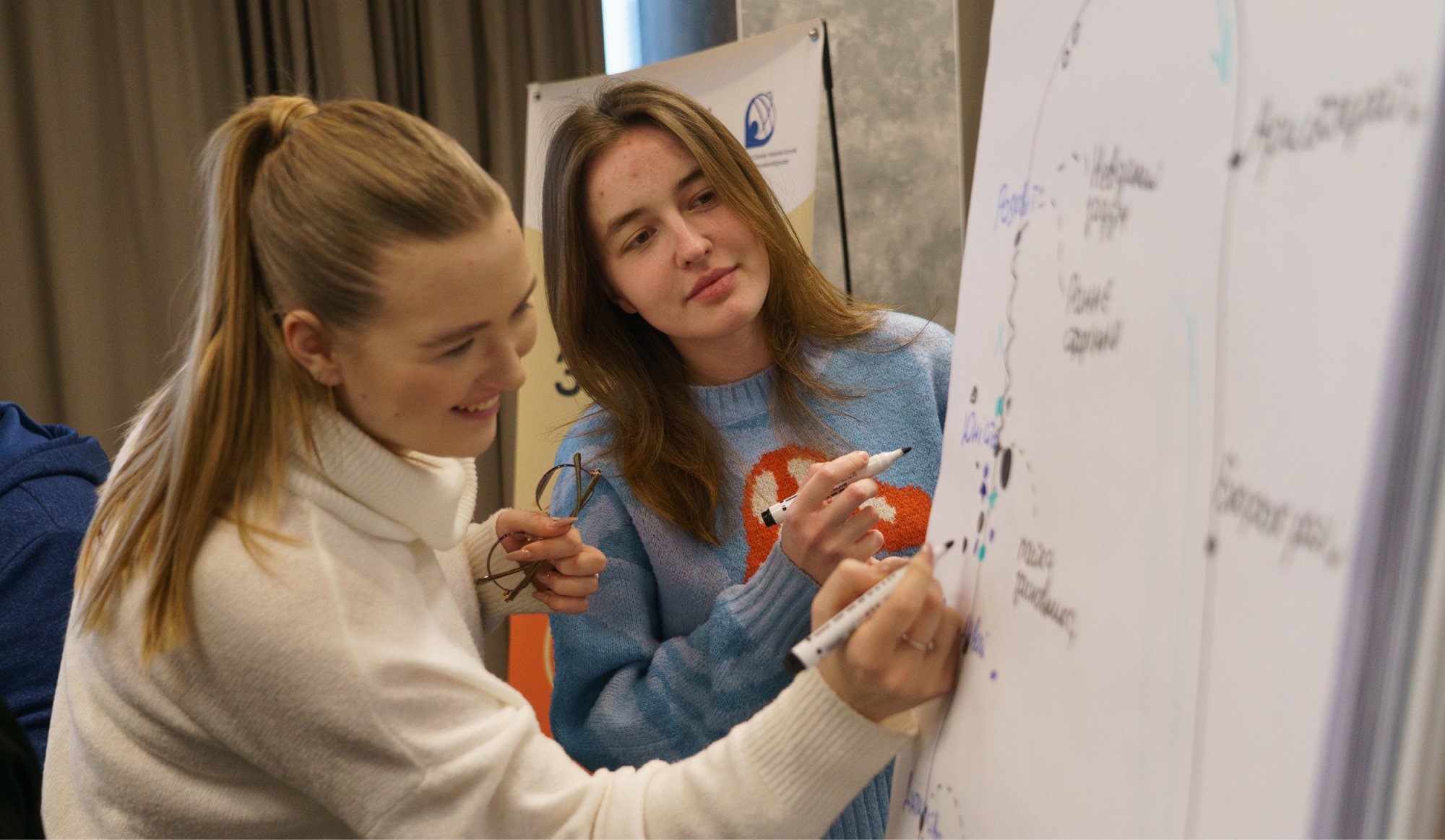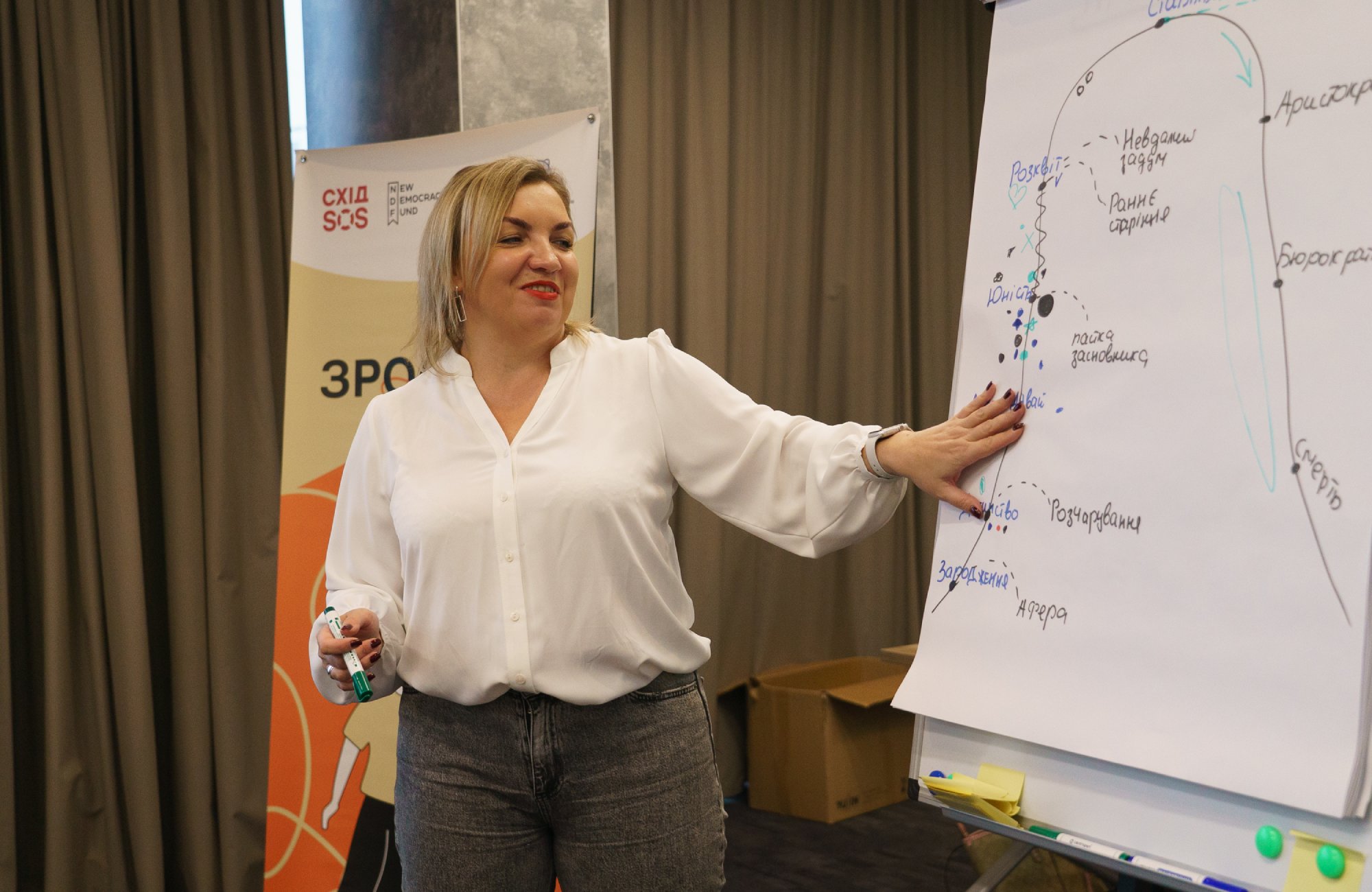Empowering Ukraine’s Civil Society: Strengthening Capacity in a Time of War
Since the start of the full-scale invasion, a new wave of volunteer and civic engagement has emerged in Ukraine. To ensure the sustainability of this movement and promote the long-term resilience of civil society organizations (CSOs/NGOs), there is an urgent need to strengthen their capacity, reinforce human rights principles, and foster partnerships with stable democratic countries.
The project aims to address these needs by providing human rights training to members of Ukrainian CSOs/NGOs, facilitating the exchange of experience and best practices between Ukrainian and Danish civil society. As a result, the capacity of at least 10 Ukrainian organizations will be significantly enhanced, contributing to a stronger, more informed, and interconnected civil society in Ukraine during and beyond the war.
The project’s activities focus on strengthening and empowering civil society in Ukraine by enhancing the capacity and supporting the organizational development of newly established non-governmental organizations (NGOs) and civil society organizations (CSOs). A key component of the project is the integration of human rights principles into their activities.
April – May 2024:
The project hosted the online course “GROW: Strengthening Civil Society Organizations”, a series of webinars designed for activists, volunteers, and newly established NGOs. The course focused on the role of civil society and the non-governmental sector.
June 2024:
A four-day in-person seminar titled “Integration of Human Rights Principles into the Work of NGOs/CSOs” was held at the Human Rights Education Center.
August 2024:
A Human Rights Forum was held, bringing together approximately 20 participants, including representatives from at least 10 non-governmental and civil society organizations.
October 2024:
A four-day study tour to Denmark was organized for 10 representatives from the project’s participating organizations. The visit focused on professional development and experience exchange.
November 2024 – February 2025:
The project provided targeted support for participating NGOs/CSOs.
Psychological Support:
Access to individual or group consultations with a professional psychologist.
Technical Support:
Provision of technical or ICT equipment necessary for the effective functioning of NGO/CSO activities.
Institutional Support:
Engagement of a consultant, facilitator, or trainer to work with each organization based on a specific terms of reference based on the individual needs of the NGO/CSO.
February 2025:
A two-day offline strategic planning training was held for NGOs participating in the project. The training focused on shaping each organization’s vision for future development and creating space for meaningful networking and collaboration among peers.
March – April 2025:
Participants received mentoring support to finalize and refine their organizational strategic development plans, ensuring alignment with long-term goals and operational capacities.
April 2025:
A two-day in-person closing meeting brought together all project participants, including invited representatives of the Danish Helsinki Committee. NGOs presented their finalized strategic plans and took part in a collective reflection on the project’s outcomes.
Main Partner: Danish Helsinki Committee for Human Rights
Other Partners: Educational Human Rights House in Chernihiv
Institute of Leadership and Management, Ukrainian Catholic University
February 1, 2024 – April 30, 2025
Ukraine
This project is an opportunity for young Ukrainian NGOs to gain valuable knowledge, build meaningful connections, and receive both institutional and mentoring support for their growth.
As a foundation with over 10 years of experience, it’s important for us to support colleagues who are just beginning their journey — to encourage them to keep working for the good of the country and vulnerable communities.
Just as importantly, we aim to foster a new community of active and compassionate citizens — because that’s always the most rewarding part of any educational initiative.
Anna Loza, Coordinator of the Project’s Educational Direction
Project manual “GROW: Strengthening Civil Society Organizations
The project manual can be downloaded here
It was fascinating to observe how democratic processes have evolved in Denmark and how their civil society organizations operate. One important takeaway is the realization that our own democratic traditions in Ukraine are still developing — we can’t quickly replicate what European countries have been building for centuries. We need patience, openness to otherness, and the willingness to collaborate and co-create with people who hold different views and ideas.
Oksana Cherviakova, representative of the City Youth NGO “Youth Development Center” (on the study tour to Denmark)
Webinars — GROW: Strengthening Civil Society Organizations
Speaker: Olha Sadokha – Expert in organizational development, founder of River of Knowledge, member of the Rotary Innovations Club, Strategic Council member at the Ukrainian Business Leaders Association, and lecturer at UCU
Speaker: Alina Bocharnikova – Practitioner, trainer, and lecturer of the course “Attracting Resources to Non-Profit Organizations” at the Institute of Leadership and Management, UCU
Speaker: Oleh Malets – Head of the TOVORY network of spaces, member of the Youth Council under the President of Ukraine, and author of the podcast “Molo Has Questions”
Speaker: Zoriana Borbulevych – Communication and team management trainer, facilitator, and founder of MindForce Agency
Speaker: Mariana Romaniak – CEO of Ridni Charitable Foundation, co-founder of DDD Communications Agency
Speaker: Andrii Levytskyi – Project Coordinator at Teple Misto, Development Director at WoodLuck Social Workshop, and Co-founder of Building Ukraine Together
Speaker: Olha Ivankiv – Founder of the Consulting Center – Center for Accounting and Finance, PhD in Economics
View the webinar
Speaker: Olena Bortnichuk – Head of Educational Programs at UCU ILM, Coordinator of the project “On the Cloud”
I had the feeling of being in a truly democratic country where people respect each other’s rights. I felt Ukraine’s support at all levels. At the same time, I realized how different our national priorities are right now—and that Ukraine is no longer at the center of attention in the Danish media. It reminded me how important it is to continue raising awareness.
I was deeply impressed by the unity of Danes in addressing common challenges. I return home with valuable new contacts, a better understanding of civil society organizations working on Ukrainian issues, and insights across many sectors in Denmark.
Iryna Palamarchuk, representative of the NGO “Bezpechnyi,” on the study tour to Denmark
Donors
